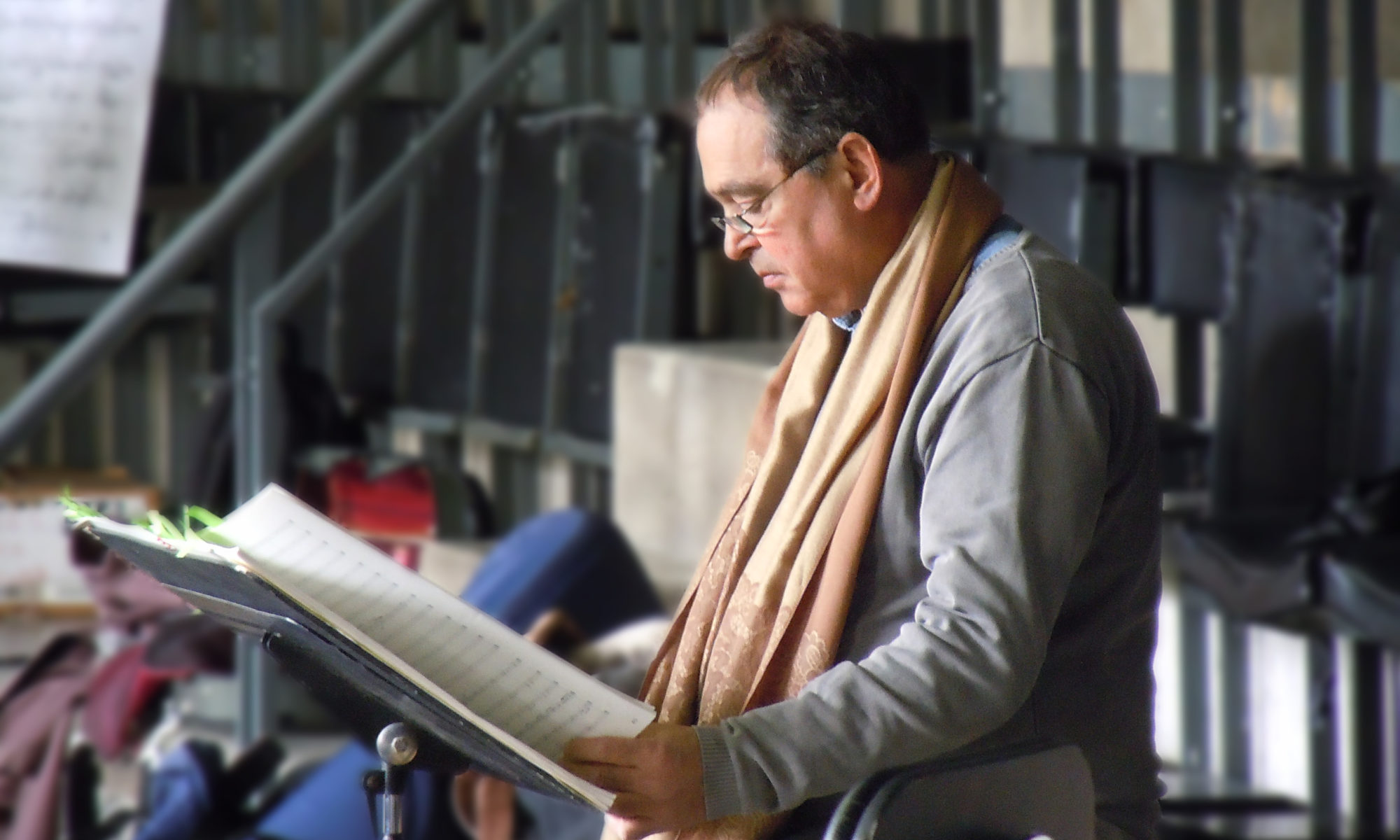Gegenlicht – contre-jour
pour clarinette basse
Ainsi s’intitule le cycle de dix sept poèmes que Paul Ceylan a inséré dans Mohn und Gedächtnis (Pavot et Mémoire) premier recueil paru à Stuttgart en 1952. Mémoire et oubli, dans leur relation ténue, indécelable est peut-être ce qui caractérise le mieux l’organisation d’un discours musical, sa « composition ». Ces poèmes lus il y a près de vingt ans et relus sans cesse apparaissent comme autant de textes insurpassables, débarrassés de tout esthétisme, essentiels, dans une lumière étrangement proche de ceux d’Attila Jozsef découverts dans un même temps. Il aura fallu toutes ces années pour que ces textes qui m’accompagnent deviennent des « prétextes » à l’écriture d’une musique qui n’illustre pas, ne commente pas le poème mais a simplement été éveillée par lui.
Gegenlicht (english)
for bass clarinet
This is the title for a cycle of seven poems Paul Celan included in Mohn und Gedächtnis, his first anthology published in Stuttgart in 1952. Memory and oblivion, in their slender and fragile relationship to each other; or indiscernible is perhaps a more suitable word to describe the structure of a musical discourse and the way it is construed. These poems, first read almost twenty years ago, and read over and over again since, seem unsurpassable, deprived of all aestheticism, containing only what is essential; they are bathed in a light strangely akin to that of Attila Jozsef’s poems discovered at the same time. It has taken all these years for these poems that have never left me to become the starting point, I might even say the pretext, for composing music that does not illustrate or comment on the poem cycle, but was simply brought to life by it.
Gegenlicht (deutsch)
für Bassklarinette
So wird auch der Zyklus der siebzehn Gedichten des Paul Celan in Mohn und Gedächtnis genannt, ein erster Sammelband, der 1952 in Stuttgart herausgebracht wurde. Gedenken und vergessen in ihrem Spannungsverhältnis, nicht erkennbar ist vielleicht, was die Anordnung eines musikalischen Diskurs am besten charakterisiert, seine « Komposition ». Die Gedichte, die vor beinahe zwanzig Jahren gelesen wurden und die immer wieder gelesen werden, erscheinen wie so viele unübertreffliche, wesentliche Texte, frei von jeglichem Ästhetizismus, in einem Licht, das den Gedichten von Attila Jozsef, die zur selben Zeit entdeckt wurden, auf befremdliche Weise nahe kommt. Es hatte all der Jahre bedurft, damit die Texte, die mich begleiten, zu « Vorlagen » für die Niederschrift einer Musik werden, die das Gedicht nicht untermalt oder interpretiert, sondern einfach durch das Gedicht erweckt wurde.
